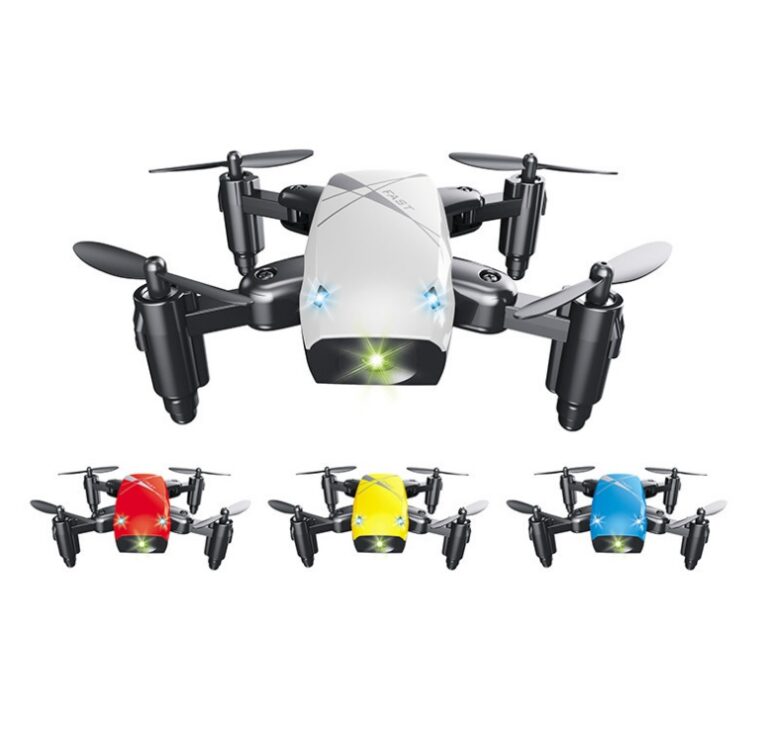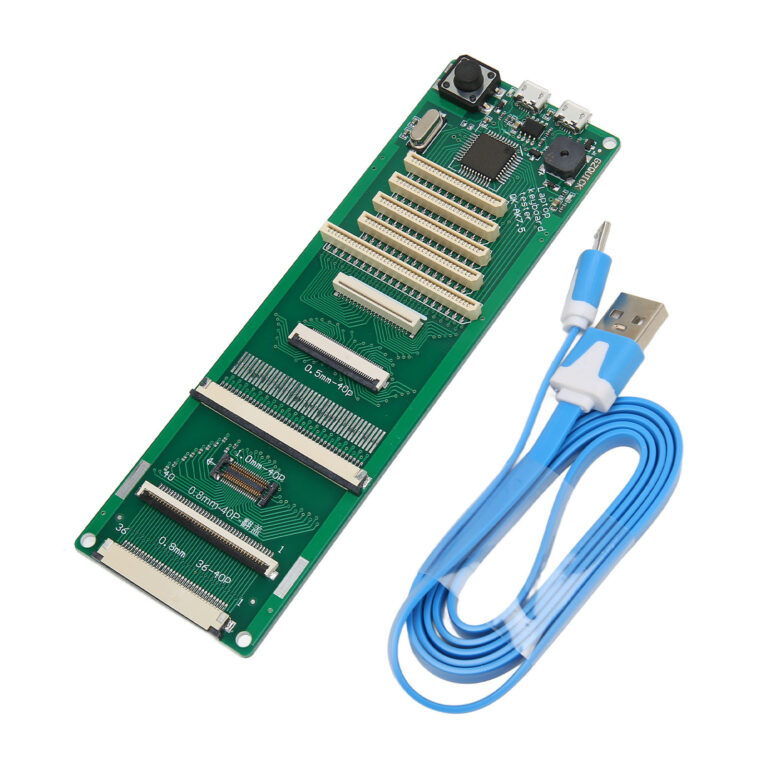The Dawn of a New Era in Technology
As we stand on the brink of unprecedented technological advancements, exploring the future takes on new meaning. The fusion of artificial intelligence (AI) and cutting-edge technologies is transforming the way we live, work, and interact. From smart homes to autonomous vehicles, the future is not just near; it’s here!
Navigating the Frontiers of AI
AI is continuing to permeate various sectors, redefining traditional boundaries. But with great potential comes great responsibility. As we navigate this intricate landscape, understanding the ethical implications of AI becomes crucial. We must ensure that these innovations uplift rather than control our lives—after all, technology should serve humanity, not the other way around!
Embracing Change with a Smile
Change can be daunting, but it can also be exciting! Engaging with future tech means being open to possibilities. It’s about asking questions, embracing curiosity, and staying informed. Remember, every innovation—no matter how complex—begins with a simple idea. So, whether you’re a tech enthusiast or a casual observer, keep your eyes peeled for the next wave of inspiring developments that could reshape our future.













